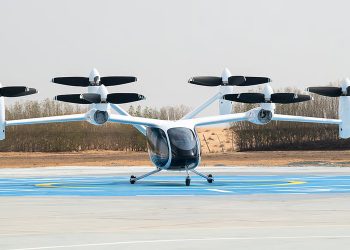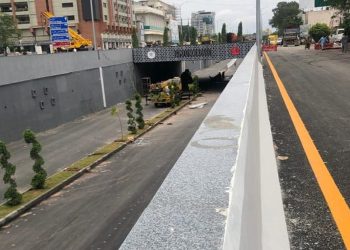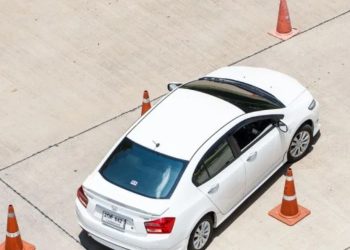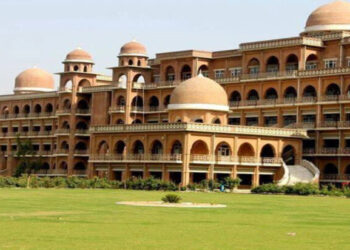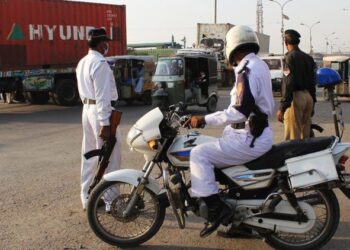ISLAMABAD: The National Command and Operations Centre (NCOC) on Friday launched a special nationwide vaccination campaign for the transportation sector.
The coronavirus monitoring body, in a statement, stated that the vaccine is being administered by all federating units under a joint campaign from December 8 to 18.
Under the campaign, inspections will be conducted at entrances and exits of bus stops, toll plazas and interchanges, and all types of public and private intercity and intra-city transport will be checked.
“Additionally, inspection teams will also be deployed on motorways, national highways and inter-provincial boundaries,” stated the NCOC, which serves as the nerve centre of the government’s anti-Covid strategy.
The NCOC emphasised that only vaccinated individuals, or those with medical exceptions, will be permitted to travel. “Non-vaccinated transport staff and passengers will be inoculated on the spot via mobile vaccination teams,” it added.
The monitoring body further stated that a total of 3,793 inspections were completed on December 8 alone and 46 vehicles impounded and eight people arrested.
First suspected case of Omicron
Pakistan reported its first “suspected” case of the new coronavirus variant Omicron in a woman in Karachi, Sindh Health Minister Dr Azra Fazal Pechuho said on Thursday, adding that a genomic study was being carried out for confirmation.
In a video message, she said that the genomic study of the coronavirus patient’s sample had not been conducted but “the way the virus is behaving, it seems like it is Omicron.” She further said the patient was 57 years old.
The minister’s statement came hours after her spokesperson Mehar Khursheed confirmed the detection of the first Omicron case in a woman from Karachi. She said the infected woman was unvaccinated and had been admitted for treatment at Aga Khan University Hospital.
Meanwhile, the National Institute of Health (NIH) in Islamabad said the sample of the coronavirus patient was “not yet confirmed to be Omicron via whole-genome sequencing” which would be performed after the NIH received the sample.









